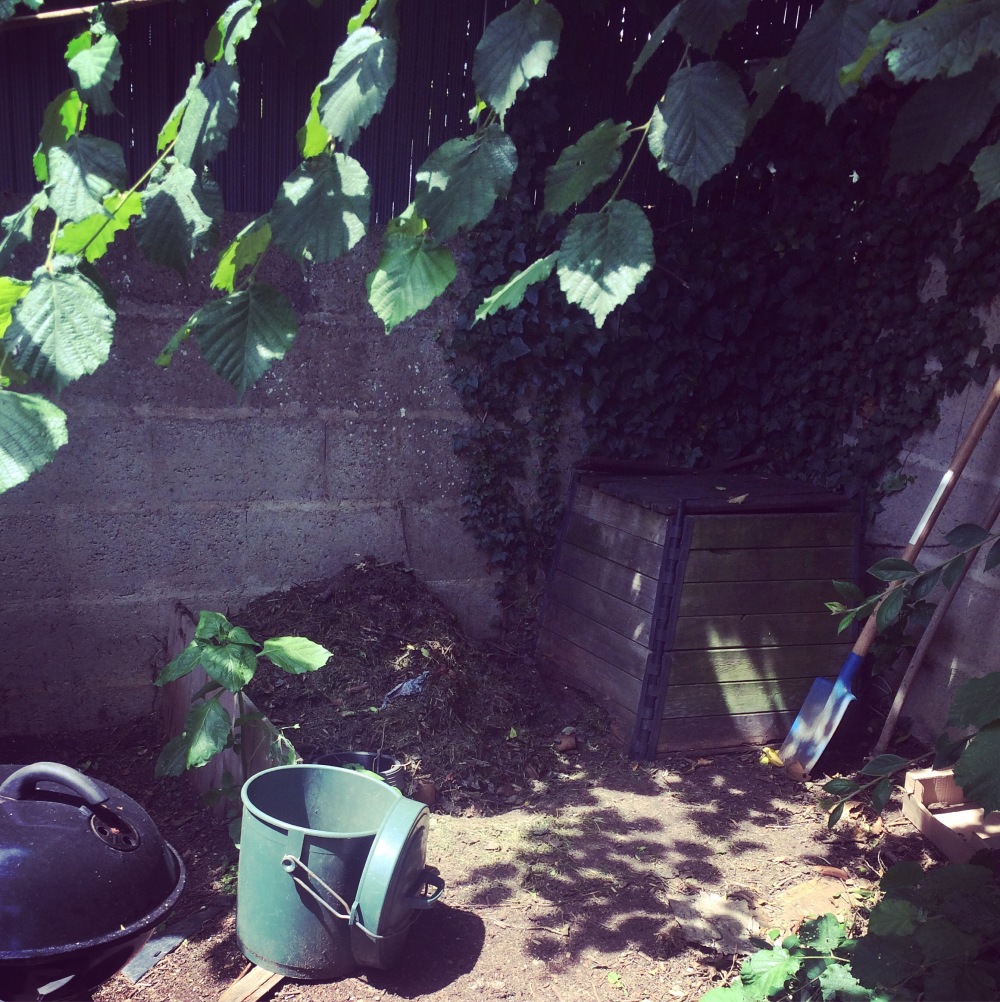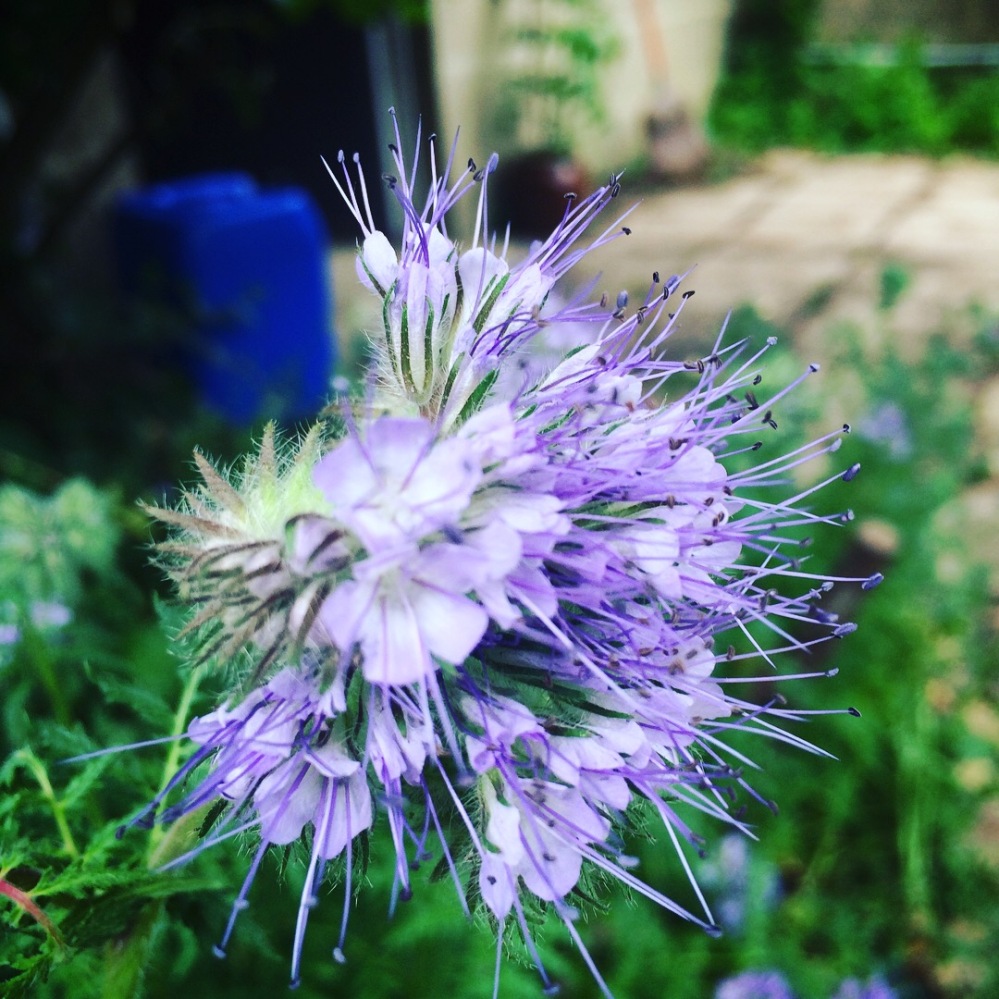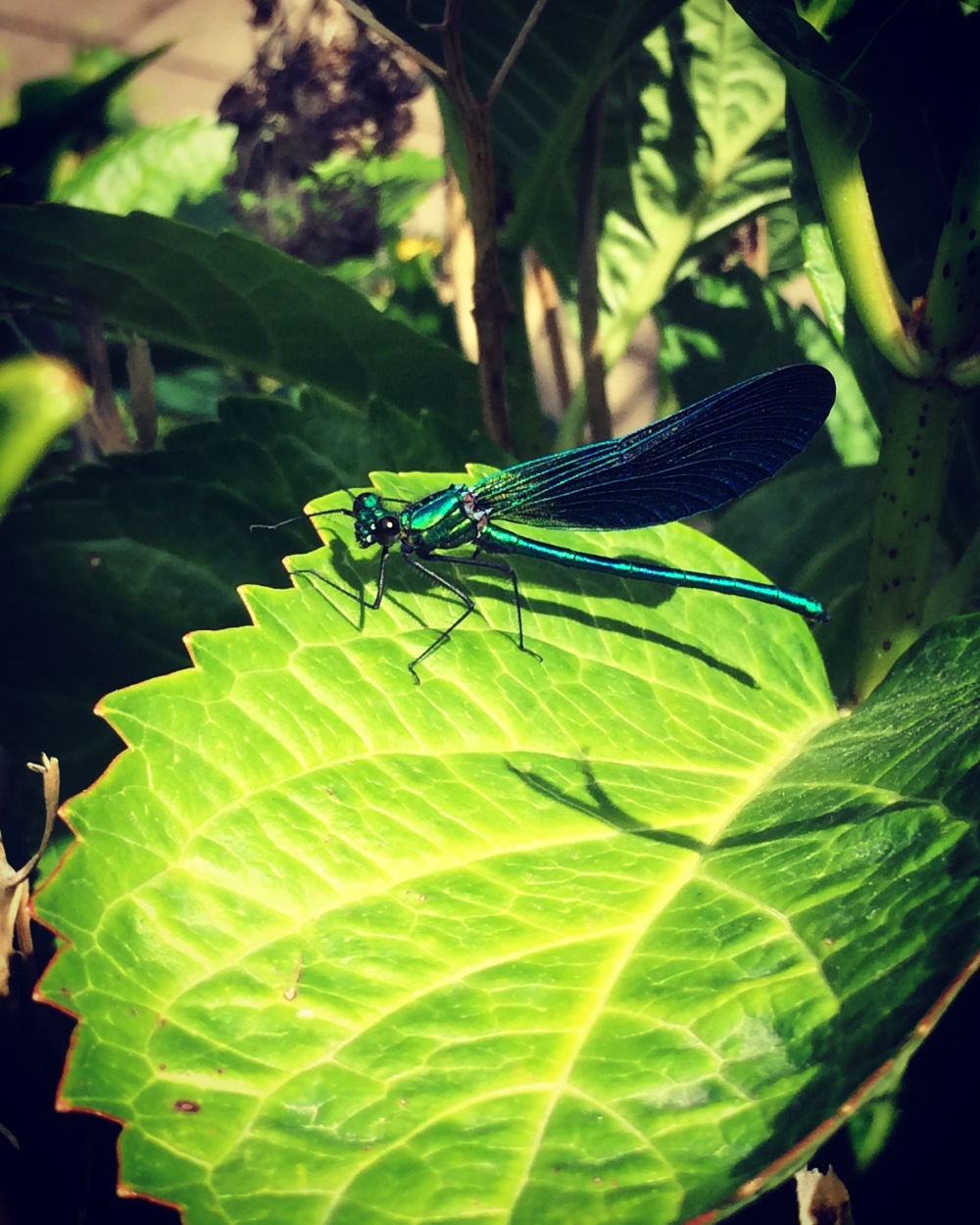You confide
In images in things that can be
Represented which is their
Dimension you
Require them you say
This is real
And you do not fall down and moan.Not seeing the irony in the air
Everything that does not need you is real.–W.S. Merwin, “The Widow”
I haven’t been able to write for months. Perhaps you noticed, perhaps not.
It’s odd, yeah, that an art which came to define me these last six year became the very last thing I want to do. To be honest, the very idea of writing began to repulse me, of stringing any sort of sentences together with meaning across someone’s screen.
It’s my compost pile’s fault.

In early February, after a fit of winter madness and some very severe dreams, I found myself staring at a brush pile in the backyard of my rented house here in Rennes. Several years’ worth of prunings from trees and shrubs, discarded in a haphazard pile by a former housemate who’s idea of garden-care was just to chop anything taller than her and shove the evidence into the farthest corner of the yard.
The pile was an apparently impossible problem, taller than me, at least 16 cubic meters in area. For months previous, as well as while she lived here, I’d try to put it all out of my mind the way we put all other things out of mind, ignoring the inconvenient waste of all our human activity, hoping it will go away. But the dreams, and the winter madness, and memories from both my own past and a later (and possibly mine) present wouldn’t let the pile disappear.
So in February, just after my birthday, I started cutting. I don’t use electric tools, just saws and pruning sheers. At the time I didn’t have gloves either (I do now but usually forget to use them). One day, and then another, and then several more, long branches of old bay laurel, years’ worth of rose and blackberry thorns, hazel, elder, and plum wood became more manageable piles of sticks and logs I’d stack into a corner or tie together into faggots.
If you’ve ever gardened, you know already what’s to be found under a multiple-year wood pile. I’d forgotten what I’d find until I found it: thick black compost, rich like a forest floor.
I’m not really sure why I cried. I cry a lot while gardening. I cried when the first centaurae awoke, their ethereal blue petal-threads the harbinger of spring, smiling out from the rain-soaked earth alongside the kind faces of violets. I cried when a red-throated thrush (“rouge-gorge,” or the European robin) landed on a tree branch next to my face and met my gaze unflinching.
I also laugh, though, as when that same thrush follows me throughout the yard to eat the snails I uncover, or when there are so many bees swarming amongst the serpentine flowers of the phacelie I planted for them that I cannot hear anything else but their drones. Or when the stray cat who’s recently adopted us hides in the raspberry bushes while I gather their berries and his face suddenly appears when I shift the brambles.

So there it was, several cubic meters of rich, dark compost, a gift from the spirit of places we forgot. Enough itself to enrich the potager (garden plot) the former housemate had depleted to grow her black market cash crops, the risk of which I bore but the profit of which I did not. Also enough to repair the soil beneath years of neglected areas suffocating under ivy and useless ornamentals.
But the real treasure there was the place itself. A neglected and rotting yet still perfectly usable compost box next to piles of discarded plastic and machine parts no one had ever bothered to recycle, all situated in a secluded area hidden behind a hazel tree with walls on its other three sides.
I took to awakening this spot. It took a month to fully clean it all and to restart the box. I had no mulch so I made my own, cutting down thin branches, vines, and bramble by hand into digestible bites for the worms and bacteria who, like our own stomachs, work their transmutations best in the wet darkness.
It was there, while uncovering this cauldron of rebirth, all the ideas for the last major essay (The Future Is Fascist) came. After writing it, I could write nothing else of import until just this week. The reason for this was in its last two paragraphs:
“But this doesn’t mean this is the only future possible for humanity or the earth. There were other futures before, other futures still—but only for different kinds of societies, ones not dependent upon dwindling resources for their perpetual growth. It has always been possible to live without petroleum and coal, without deforestation and extinctions, without international finance capital and instant digital commerce, without immigration laws and border walls, without corporate and state surveillance and militarized police.
To get to such a future, though, we need to pull the emergency brake on this future first. Then we can do the work of remembering how to survive without all these things, the way humans have done for thousands and thousands of years. While the future of our current civilization is fascist, our past is full of other futures, other hopes, and other ways of being with each other. It’s to this past we must look, even as the wreckage of history piles up. We must resist the storm of false “progress,” awaken the dead, and make whole what has been smashed.”
While it might be a bit foolish to admit that these words came from the compost itself, that’s as close as I can get to speaking the actual truth of the situation. In the Jim Henson series “Fraggle Rock,” the Fraggles asked their animated trash heap (an oracle) for advice. I don’t ask the compost for anything (except to be as much of itself as it desires), but it gives me advice anyway.

If you needed a metaphor for what a compost pile is to the rest of a permacultural system, it’s like the liver of the body, or an alchemist’s lab. Everything that goes into it is changed, broken down, transformed, reforged. Bacteria and seeds you don’t want in your garden die and become something else; grass and leaves and discarded food waste is broken down into its constituent nitrogen and carbon, its minerals and other elements; woody bits disintegrate into rich humus from which new trees will grow, and everything in the end smells nothing like death and everything like life.
Like Ceridwen’s cauldron of wisdom, our stirring of it makes it not merely a brew but a burning reaction; like Brân’s cauldron of rebirth, the dead live again but do not speak with voice.
In the months that followed that essay, which are really the months that followed the awakening of the compost, I’m fairly certain I’ve heard more than I’ve heard in the rest of my life from gods and the dead. Very old gods and very old dead, whose names no language now knows how to pronounce. Or maybe the voices I’ve heard are the compost itself, or echoes my mind tries to make sense of while my hands are covered in wet black earth. Regardless, what I hear is exactly what you would expect compost to say, had it a voice: everything must die and be reborn in another form.

This is nothing most wish to hear. Elsewhere (and worst of all on the left), the faith in progress and humanity’s ability to escape the harvests we’ve sown has redoubled. “Green New Deals,” geo-engineering, controlling the climate by darkening the sun, vain hopes for salvation from technology “just around the corner” and electoral change: the worse things get, the harder the priests pray at the altars of the human.
Jacobin writer Leigh Phillips calls people like me “collapse porn addicts,” hopeless idiots obsessed with a vision of a world where we don’t pollute everything in sight to have sterile lives where we merely click to have our needs met. Other “socialist” tech fan-boys like Aaron Bastani have begun screeching their utopian belief that full automation and luxury are about to be ours collectively for the enjoyment (if we just vote right).
They no doubt will find plenty of eager believers. No one wants to die, nor does anyone like the idea of life being a little bit more difficult. In a recent interview on Patrick Farnsworth’s podcast Last Born In The Wilderness, John H. Richardson, who recently interviewed dozens of “eco-extremists,” pointed out that there’s no good selling point for degrowth, de-industrialization, and a return to a new-old way of living where we make, trade, and grow the things we eat, rather than buying them.
He’s right, of course. I wouldn’t know how to sell you on composting, or gardening, or canning. When you can have Uber-Eats or any other number of new tech delivery services show up at your door with food, how interesting would you really find a prosaic discussion of cooking?
But that misses the point. In our latest podcast, Alley Valkyrie and I both talk about the most urgent reason anyone should have for learning to do what our ancestors did: we won’t really have a choice. As much as the evangelicals of “Elon Musk Socialism” or Green New Dealism would like to convince you otherwise, I suspect you probably already understand this. Cities of ten million running out of water in India, impending food shortages due to catastrophic weather in the American “heartland,” and all the myriad other crises which stream through your social media feed daily all speak to a more pressing reality. Unless you’re incredibly rich, you better learn to compost, and to garden, to save water and to cook for yourself, to repair clothes and tend wounds, to preserve food and forage for it. And you should learn this soon.
If all this sounds foul, or depressing, or overwhelming, I can only tell you that I felt that way too. And now I don’t, and I’ve got my compost pile to thank for that. In a few years I hope to be on larger land, growing enough food for several people alongside others. I think we still have that kind of time; I know we’d have even more if others learned to listen to compost, too.
Updates:
I’ll be writing a lot more here now. It’s time, again.
I’ve just posted a new essay in my series, “Starting From The End.” That requires a supporter password available through Patreon.
The latest episode of Empires Crumble (14: Collective Delusions) is also available through Patreon but releases to the public (via Soundcloud, iTunes, and Stitcher) tomorrow.
My newest book, All That Is Sacred Is Profaned, has been released. You can get the print edition here. Or get a free digital copy through my Patreon
If you’re interested in how I compost (and how I’ve timed it to the cycle of the moon), I’ll write more about that (and some magical gardening tricks I’ve learned) in a future essay.